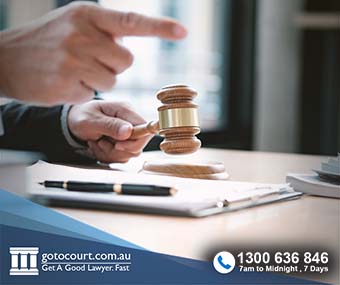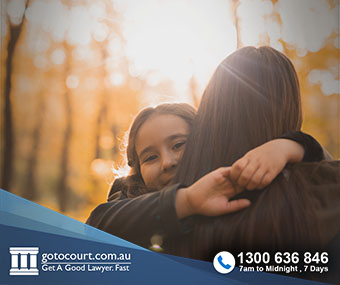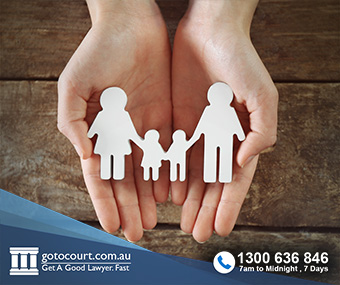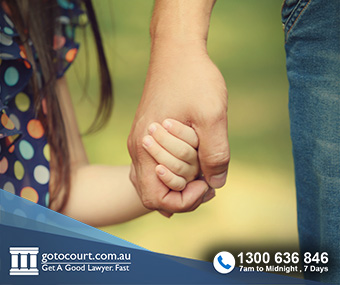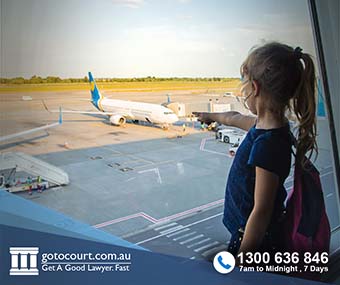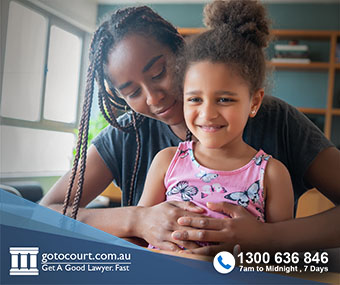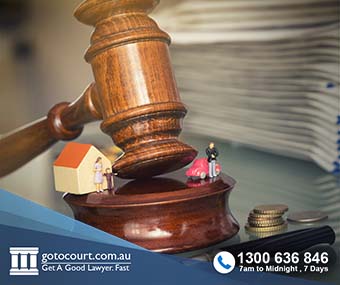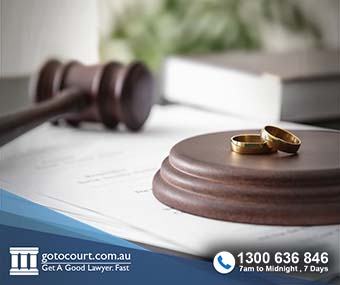Child Support and Establishing Parentage
Child Support and Establishing Parentage
When a person seeks child support from another person, they must establish that the person is indeed a parent of the child or children in question. In most cases, parentage is not in dispute. However, when issues arise around parentage, an application will sometimes need to be made under Section 106A of the Child Support (Assessment) Act 1989 or under Section 107 of the Act, to establish whether a person is a parent and should be assessed for child support.
Proving parentage
Before the Department of Human Services (Child Support) will create a child support assessment setting out how much child support a parent is obliged to pay, it requires proof that the person from whom support is sought is a parent of the child. This requirement may be satisfied by evidence of any of the following:
- the parents were married at the time the child was born
- the couple cohabited at any time during the period beginning 44 weeks prior to the child’s birth and ending not less than 20 weeks before the birth
- the person’s name appears on the child’s birth certificate
- the person has acknowledged parentage by completing a legal document such as a statutory declaration or birth certificate
- the person has adopted the child
- the person is a parent under the Family Law Act 1975
- a court has found that the person is the child’s parent
Section 106A applications
If a parent or carer cannot prove that a person is a parent in one of the ways accepted by the Department of Human Services (Child Support), they will need to make an application to the court seeking that the person be assessed in respect of the costs of the child on the basis that they are a parent of the child (section 106A Child Support (Assessment) Act 1989).
These applications are made to the Federal Circuit and Family Court of Australia (FCFCA).
A section 106A application can only be made after the Registrar has refused to accept an application for a child support assessment. One of the reasons for such a refusal is that the Registrar could not be satisfied that the person named is a parent of the child.
A section 106A application must be made within 56 days of receiving the notice of refusal to accept an administrative assessment of child support for a child (Federal Circuit and Family Court (Family Law) Rule 1.13). If an application is outside that timeframe, the applicant may ask the court for an extension of time to file the application. If an extension of time is not sought or granted, a person can reapply to the Registrar for an application for administrative assessment, causing a new notice of refusal to be issued.
The parent filing a section 106A application must file with it a notice of refusal and an affidavit explaining why child support is sought from the other parent. It may be necessary to ask the court to order that DNA testing be conducted to help to resolve the question of whether the other person is a parent of the child. If this is necessary, the laboratory that conducts the test must be authorised to do so under the Family Law Act Regulations or the result may not be accepted by the court.
Once a section 106A order is provided to the Department of Human Services (Child Support), the child support assessment starts from the date that the relevant application for child support assessment was refused by the Department of Human Services (Child Support). This means that the person declared as a parent of the child will need to back pay child support from the date the child support assessed was refused.
Sections 107 declarations
In some cases, a child support assessment is issued but the person assessed to pay a child’s costs, disputes that they are a parent of the child. A person in this situation can lodge an application to the court seeking a declaration that the other person is not entitled to child support because the applicant is not a parent of the child (section 107 Child Support (Assessment) Act 1989).
An application under section 107 will also require the court to determine whether any child support that has already been paid under a child support assessment should be repaid to the person making the application (section 143 Child Support (Assessment) Act 1989).
What do you do once you get a declaration?
Once a declaration has been made under section 107, it can be lodged with the Department of Human Services (Child Support) for the purposes of confirming parentage for child support. If the declaration means that the child’s birth certificate must be amended, an application must be made to the Registry of Births, Deaths and Marriages.
If you require legal advice or representation in relation to child support payments in any other legal matter, please contact Go To Court Lawyers.

Affordable Lawyers
Our Go To Court Lawyers will assist you in all areas of law. We specialise in providing legal advice urgently – at the time when you need it most. If you need a lawyer right now, today, we can help you – no matter where you are in Australia.How It Works




1. You speak directly to a lawyer
When you call the Go To Court Legal Hotline, you will be connected directly to a lawyer, every time.

2. Get your legal situation assessed
We determine the best way forward in your legal matter, free of charge. If you want to go ahead and book a face-to-face appointment, we will connect you with a specialist in your local area.

3. We arrange everything as needed
If you want to go ahead and book a fact-to-face appointment, we will connect you with a specialist in your local area no matter where you are and even at very short notice.

